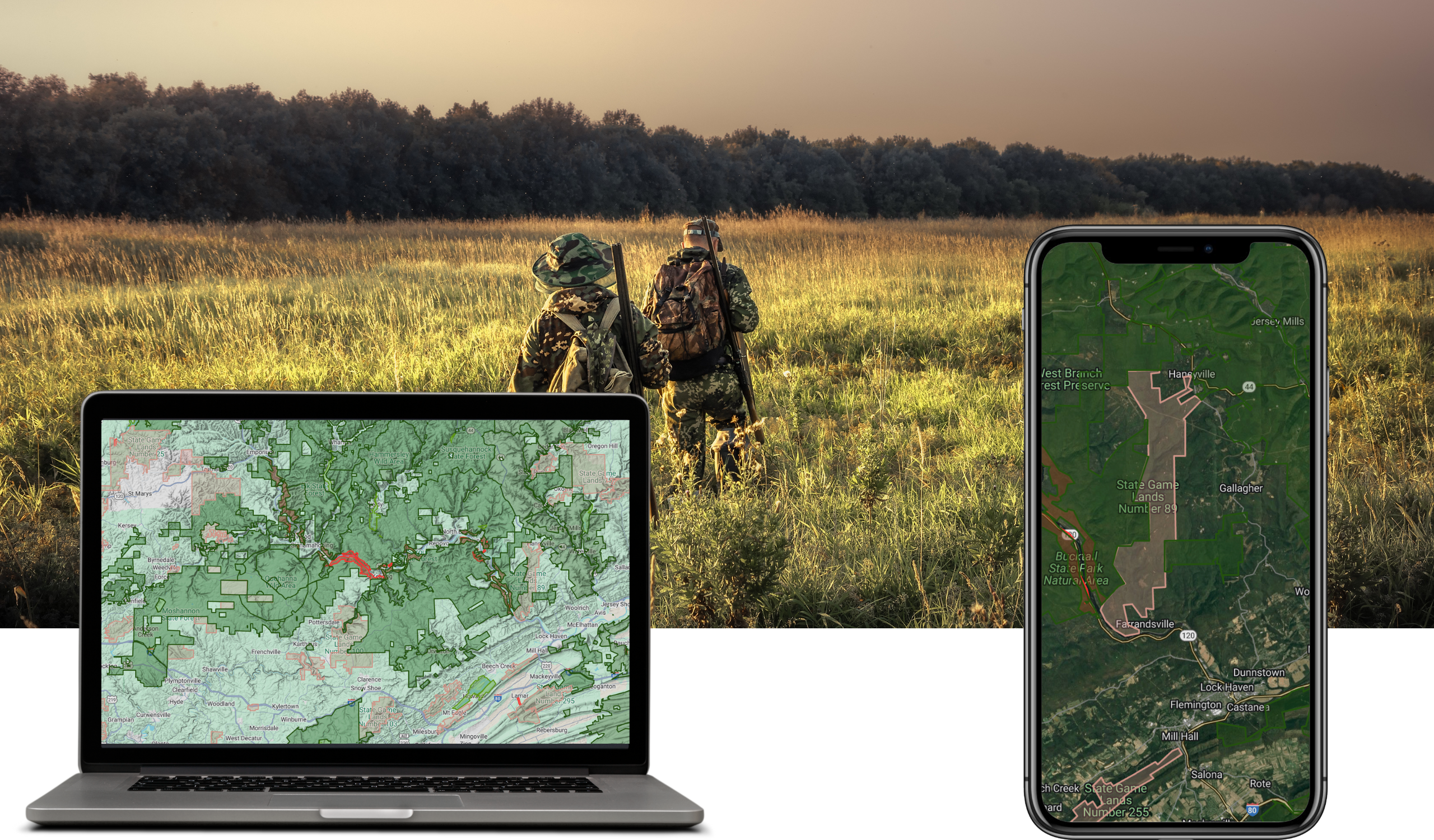When news broke that a California man lost his hunting privileges for three years and had to cough up over $13,000 after poaching a trophy pronghorn antelope, it hit a nerve in the hunting community. Not just because of what he did—but because it reminds us all what’s at stake when folks step outside the lines.
This wasn’t some gray-area violation. According to the California Department of Fish and Wildlife, the guy crossed into a closed zone during the last minutes of legal hunting light and took down a pronghorn in an area clearly off-limits. Then he tried to cover his tracks. It wasn’t just a mistake—it was a decision. And it cost him big.
The Real Cost of Breaking the Rules
The penalty? A statewide suspension of his hunting license for three years, a $5,000 civil penalty, a $5,000 restitution payment for the trophy animal, and a truckload of other fines and fees. On top of that, he forfeited his rifle and the trophy antelope itself.
But the biggest loss might’ve been to his name. Hunters talk. And once your reputation’s gone, there’s no buying it back.
Why We’ve Got to Know the Regulations
Most of us hunt because we love the land, the animals, and the challenge. We’re not out there to push boundaries or sneak one past the warden. But the rules change. Zones open and close. Species have tight regulations, especially when you’re hunting pronghorns, bighorn sheep, or other tightly managed game.
And it’s not just California. Every state has its own map of legal zones, hunting dates, draw systems, tag requirements, and gear restrictions. What’s legal in one county might get you cited two ridges over. If you’re not dialed in, even a small oversight can snowball into fines—or worse, lost hunting privileges.
Where Things Can Go Sideways
Here’s the thing—plenty of hunters don’t try to break the law. They just don’t know the full rulebook. Maybe they’re hunting public land that borders a closed unit. Maybe they didn’t check for mid-season regulation updates. Maybe they’re out of cell range and forgot to download the map.
You’ve probably run into these snags yourself:
- Not knowing if a specific unit requires a special tag
- Unclear boundaries between private, public, and state-managed land
- Overlapping seasons that change by game type or weapon
One wrong step, and what felt like a clean hunt turns into a ticket—or worse, a courtroom.
How Hunterizer Keeps You Out of Trouble
That’s where a platform like Hunterizer earns its keep.
Hunterizer was built by hunters who understand how complicated these regulations can get. It doesn’t just toss you a PDF of the season booklet. It gives you tools that help in the moment.
Here’s what it brings to the table:
- Regulation breakdowns by state and species. You choose where you’re hunting and what you’re after, and it shows you what’s legal and what’s not—no guessing.
- In-the-field access. When you’re in the field, you can check zone boundaries, regulations, and special restrictions.
- Unit-specific updates. When zone regulations change from year to year, we’ll keep you updated.
It’s not about replacing your instincts—it’s about sharpening them with the right info.
Hunt Smart. Hunt Legal.
The majority of us are doing it right. We scout, we prep, and we follow the rules. Because we know this lifestyle depends on trust—from landowners, wildlife managers, and the public.
When someone breaks the law, it reflects on all of us. That’s why it’s on each of us to hunt informed. Know the regulations. Check the updates. Use the tools.
Hunterizer makes it easier to stay on the right side of the line. And that keeps our seasons open, our reputations clean, and our tradition alive for the next generation.
